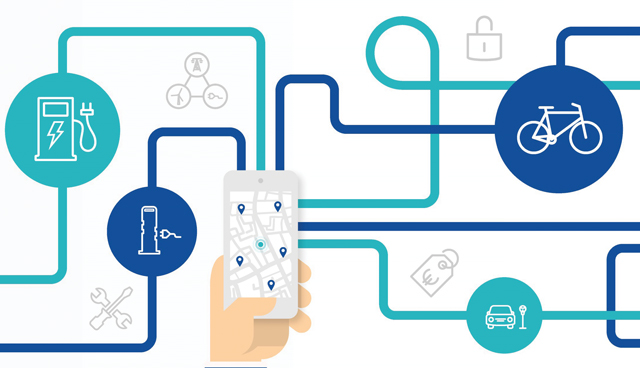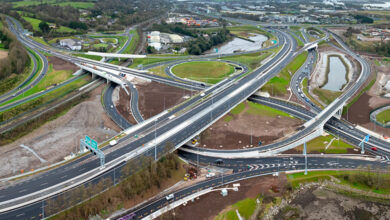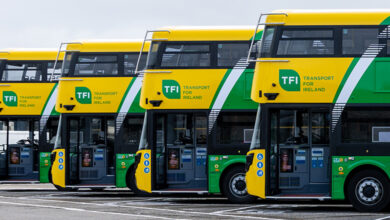Mobility as a Service in Ireland

Mobility as a Service (MaaS) is the shifting away from traditional, personally owned modes of transportation towards mobility being provided as a service through the integration of public and private options. Given the need for substantial investment in mobility in Ireland, specifically in rural areas, it is of particular interest to the future of transport.
The Programme for Government does not make specific mention of MaaS, but its focus on mobility, specifically in the forms of a new rural mobility plan and in the provision of improved mobility for students in higher and further education, should pair easily with a nationwide embrace of the user needs-based concept behind MaaS.
MaaS typically consists of integrating public and private transportation into one gateway, where users can create and manage trips while paying through one account. The key behind the service is offering travel solutions that can specifically match a user’s given needs while moving people away from the individualised mode of car ownership.
Planning would typically be done with a journey planner as part of the service that would offer various solutions and allow the user to choose at their convenience. Any reservations, i.e. taxis, ridesharing apps, or train tickets, would then be secured by the service and all payments due would be taken in one block.
MaaS is still a relatively new concept, having only been conceived in 2014, but a 2017 White Paper by the Telecommunications Software and Systems Group on future Irish and EU research into the topic stated that the concept is “gaining prominence as a possible solution to the long-standing challenge of seamless mobility”.
The appetite to embrace more communal forms of transport does seem to be present, with the National Transport Agency (NTA) reporting six consecutive years of growth in public transport passenger numbers. In 2019, passenger numbers were up 14 per cent from 2018 levels, while revenue figures rose by 11 per cent in the same period. Bus and train services have reached capacity, a problem the Bus Connects and MetroLink programmes will seek to alleviate. Whether or not the Covid-19 pandemic and the associated restriction on passenger numbers delay these plans remains to be seen.
The NTA are also in the midst of developing their Just the Ticket scheme, a MaaS-like integrated ticketing system designed to give users more choice. Just the Ticket will supersede the Leap Card system, starting with buses before expanding to rail nationwide.
A 2018 survey by Amárach Research found that a “growing minority” are ready for the idea of MaaS in Ireland, but added the caveat that “only a tiny minority of Irish adults live in a household without a car, especially those living in Dublin or in the 25-34 age group, but four in 10 live in a household with two or more cars”.
When asked if they would be interested in a car rental service for short trips as part of a MaaS programme, 48 per cent of all adults said they were interested versus 43 per cent who were not interested. These numbers fluctuated based on car ownership but even those with two or more in their household were evenly split at 46 per cent. It was also found that one in four car owners would consider giving up their car for an “affordable, available car rental alternative”, this included 31 per cent of people from two car (or more) households.
The key takeaway from the survey is said to be that “Irish consumers are increasingly interested in a radically different relationship with their cars in future”. For MaaS to work and consumer behaviour to change, investment must follow this interest.





